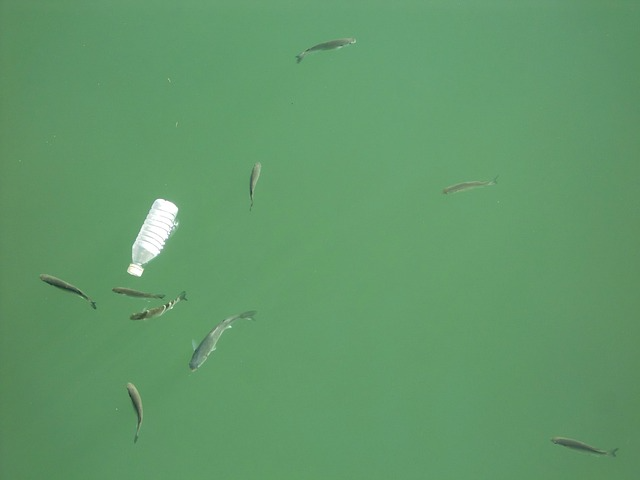It is common knowledge that clean, fresh water is of vital importance to our health and well-being. Yet, there are so many things we do daily that unknowingly contribute to increasing the pollution of our waterways.
While there’s no single step or solution to completely get rid of water pollution, there’re plenty of things we can do to reduce pollution in our homes and communities.
Here are some quick and easy things you can do to help keep our waters clean.
Stop Using Plastic
Plastic material is very difficult to break down once produced and most of this plastic ends up in our water supply, polluting the water and making it impossible to dispose of.
Plastic waste is also known to spread decay in the water supply. Using little to no plastic items can greatly help the environment.
Don’t Dispose of Oils in Your Sink
A huge mistake many uninformed housewives make is disposing of grease, fat, and cooking oil in the sink. This can cause sewer pipes to clog, contaminate local water bodies, and back up into yards or basements.
Instead, throw them away with the trash or keep them in a jar until you can dispose of them with other solid waste.
Handle Toxic Chemicals Properly
Oils aren’t the only liquids you have to worry about. When you have millions of people worldwide flushing or dumping toxic chemicals like bleach, paint, ammonia, and pesticides down the drain, it starts to become a serious issue.
That is why knowing how and where to dispose of them properly is crucial. Your community might have a recycling center for chemicals like used motor oil and old paint or a hazardous waste drop off-site.
Don’t Flush Medicines Down the Toilet
Avoid flushing medicines down the toilet or dumping them in the closest pond. They start to accumulate in the water, damaging fish and aquatic plant life.
Hormones and other compounds also cause a number of health issues when exposed to the water supply. If you’re suffering as a result of a contaminated water supply due to drugs, you may be liable for compensation. Contact a water contamination attorney to make sure.
Avoid Using Your Toilet as a Trash Can
Never, in any case, should you flush non-degradable items like baby wipes, plastic tampon applicators, tissues, dust cloths, etc.
Fecal matter and toilet paper are just about the only thing you should flush down there since toilet paper is specifically made to break down easily in water pipes.
Clean Up After Your Pets
Other than it being your duty to do so, picking up pet waste helps prevent the bacteria-laden matter from running into water supplies.
The most environmentally friendly way to dispose of it is by placing it in a recycled-plastic waste bag and throwing it in with the rest of your trash.
Support Environmental Charities
There are hundreds if not thousands of charities working on water pollution cleanup and other similar causes throughout the world.
Find a hardworking and honest organization that does anti-pollution work and make donations every year to support them.

